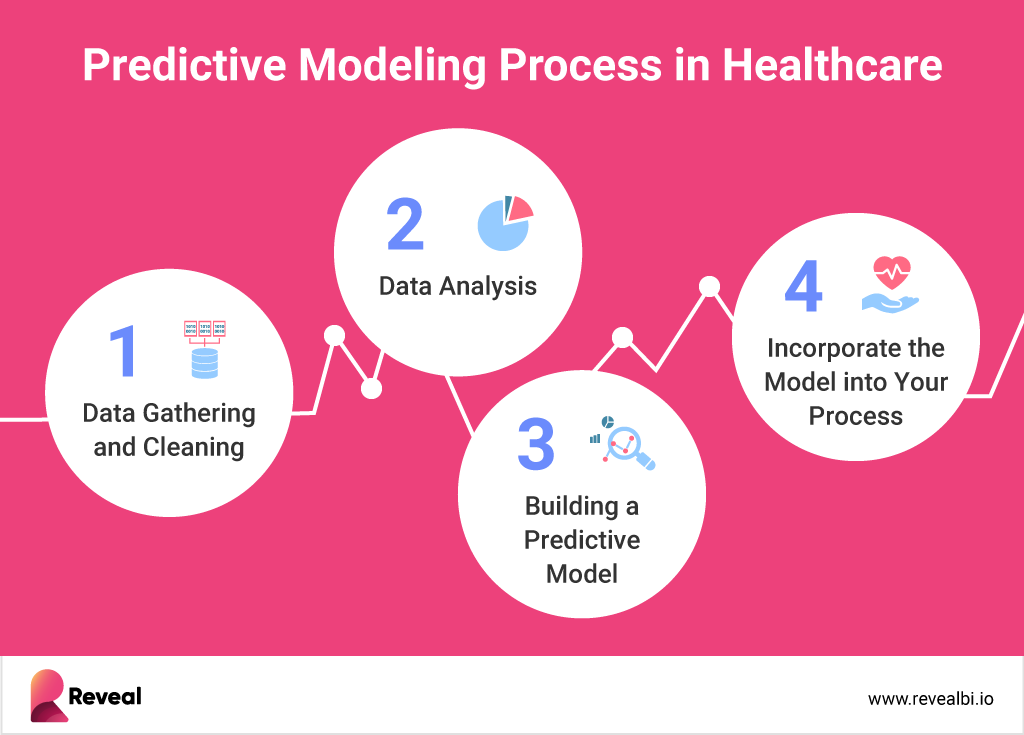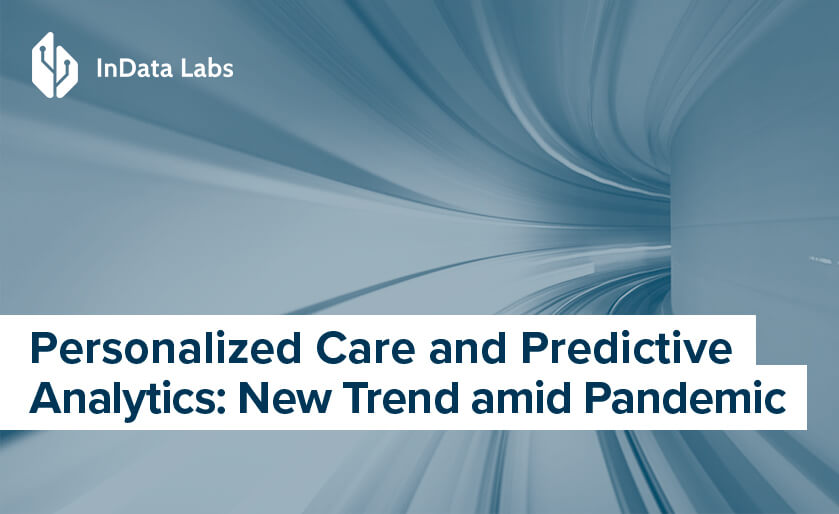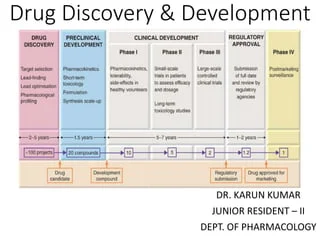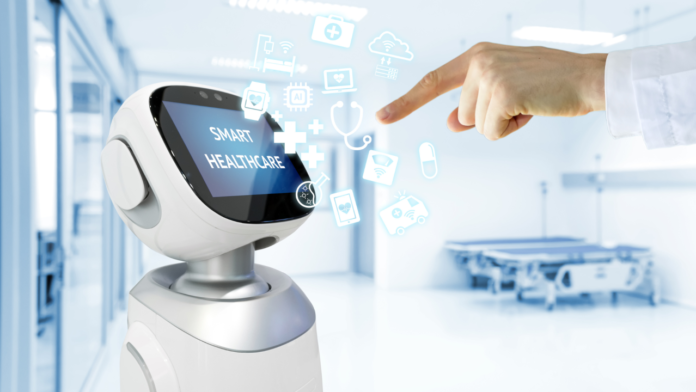Table of Contents
Introduction

In recent years, artificial intelligence (AI) has emerged as a transformative force in various industries, revolutionizing the way tasks are performed and solutions are developed. One area where AI is making significant strides is healthcare. With its ability to analyze vast amounts of data, identify patterns, and make predictions, AI is poised to revolutionize patient care, medical research, and healthcare management. In this article, we’ll explore the profound impact of AI on modern healthcare and the potential benefits and challenges it presents.
Enhanced Diagnostics and Imaging

One of the most promising applications of AI in healthcare is in diagnostics and medical imaging. AI-powered algorithms can analyze medical images such as X-rays, MRIs, and CT scans with remarkable accuracy, helping to detect abnormalities, tumors, and other conditions at an early stage. By automating the interpretation of medical images, AI can assist healthcare providers in making more accurate diagnoses and developing personalized treatment plans for patients.
Predictive Analytics and Disease Prevention

AI algorithms can analyze vast amounts of patient data, including medical records, genetic information, lifestyle factors, and environmental data, to identify patterns and predict the likelihood of developing certain diseases or conditions. By leveraging predictive analytics, healthcare providers can proactively intervene to prevent or manage chronic diseases such as diabetes, heart disease, and cancer. Early detection and intervention can lead to better health outcomes and reduced healthcare costs in the long run.
Personalized Treatment Plans

AI-driven technologies, such as machine learning algorithms, can analyze patient data to develop personalized treatment plans tailored to individual needs and preferences. By considering factors such as genetic predispositions, medical history, lifestyle factors, and treatment responses, AI can help healthcare providers optimize treatment outcomes and minimize adverse effects. Personalized medicine holds the promise of improving patient outcomes, reducing treatment costs, and enhancing overall quality of care.
Drug Discovery and Development

The drug discovery and development process is notoriously lengthy, complex, and costly. AI has the potential to streamline this process by analyzing vast amounts of biological data, identifying potential drug targets, and predicting the efficacy and safety of drug candidates. AI-powered algorithms can also facilitate the repurposing of existing drugs for new indications, accelerating the development of novel treatments for various diseases. By harnessing the power of AI, pharmaceutical companies can bring lifesaving drugs to market faster and more efficiently.
Challenges and Considerations
While the potential benefits of AI in healthcare are immense, it’s important to acknowledge and address the challenges and considerations associated with its implementation. These include issues related to data privacy and security, algorithm bias and transparency, regulatory compliance, and workforce training and readiness. Additionally, there are ethical considerations surrounding the use of AI in healthcare, such as ensuring fairness, accountability, and transparency in decision-making processes.
Conclusion
Artificial intelligence has the potential to revolutionize healthcare by improving diagnostics, enabling personalized treatment, accelerating drug discovery, and transforming patient care. While challenges and considerations remain, the promise of AI in healthcare is undeniable. By harnessing the power of AI-driven technologies, healthcare providers can enhance patient outcomes, reduce healthcare costs, and advance medical research and innovation. As AI continues to evolve, its impact on modern healthcare is poised to grow, shaping the future of medicine and improving the lives of patients worldwide.
For More Information Please Visit These Websites Fox Business Market And Glow Magzine

